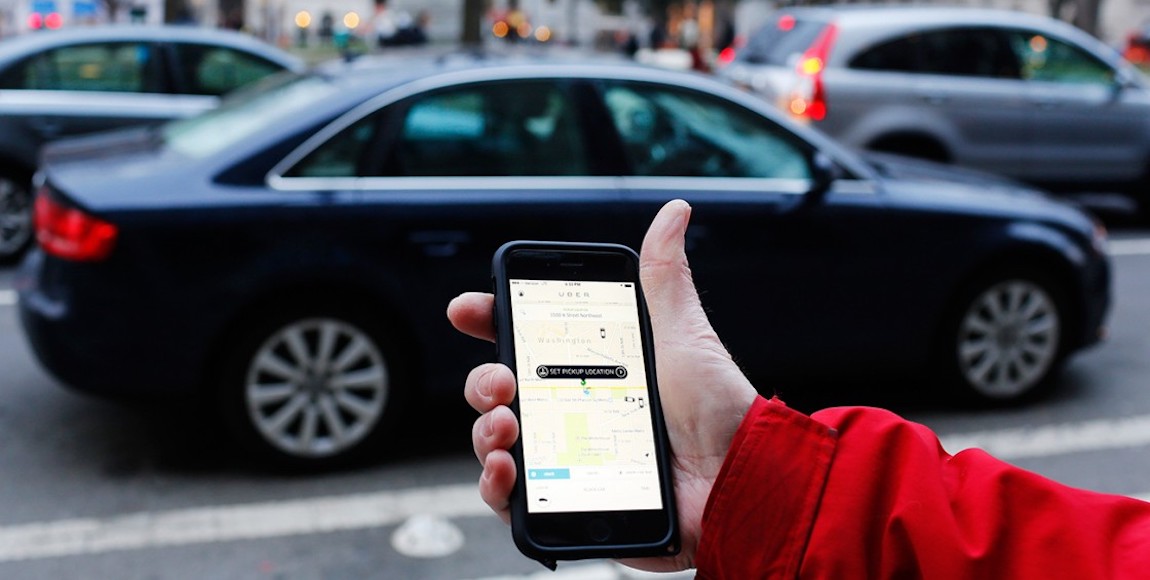The Commission for Conciliation, Mediation and Arbitration (CCMA) ruled last week that Uber drivers are employees of Uber SA in terms of the Labour Relations Act. The ruling, delivered on 7 July, was part of a case of unfair dismissal that seven South African drivers brought before the CCMA.
In the case, the CCMA was asked to address whether or not it had the jurisdiction to rule on the unfair dismissal cases. Attorney and labour law lecturer at the University of Johannesburg, Kgomotso Mokoena, told The Daily Vox the CCMA only has jurisdiction to deal with the relationships between employers and employees in terms of the Labour Relations Act. The case of unfair dismissal itself is yet to be addressed.
The matter is unlikely to end here. CCMA rulings are subject to review in the Labour Court.
In a statement, Uber said it will be reviewing this ruling before the Labour Court. “There is a long legal challenge ahead before this ruling can be considered a win, or a loss for any side in this important issue,†it said.
Mokoena said this battle could take years to resolve and will likely end up in the Constitutional Court.
“Around the world, all the courts or tribunals that have so far ruled that Uber drivers are employees, are still wrapped up in appeal processes. It’s still not final,†she said.
Uber has faced challenges about its status as an employee in other countries. Last year, the UK employment court ruled that Uber drivers are not self-employed and should be paid the national living wage. The case was brought before court due to government’s concern with the trend towards self-employed workforces. Uber took the ruling to an employment appeal tribunal, and there are still long court processes to go through before the ruling can be implemented.
According to Section 213 of South Africa’s Labour Relations Act, an employee is:
a) Any person, excluding an independent contractor, who works for another person or for the state and who receives, or is entitled to receive, any remuneration; and
b) Any other person who in any manner assists in carrying on or conducting the business of an employer.
In a normal employment relationship, employees have a right to a fair hearing, to be represented, and to have an internal appeal hearing before they even get to the CCMA.
Uber defines itself as a company offering “information and a means to obtain transportation services offered by third party transportation providers, drivers or vehicle operators†which can be requested via a mobile app. Uber argued that it does not employ drivers, that it does not own any vehicles, and that its only role is to offer users the app.
However, the CCMA found that an Uber driver cannot do business without the app.
Uber also claims it does not control when the drivers work or require them to work at specific times. But the CCMA said in its ruling that there are clear consequences of not accepting enough trips – drivers can be deactivated from the app if they do not accept a certain number of rides.
The CCMA now has jurisdiction to arbitrate in the case of these seven drivers. This CCMA ruling is the only precedent we currently have in South African law concerning Uber.
Featured image via Flickr









